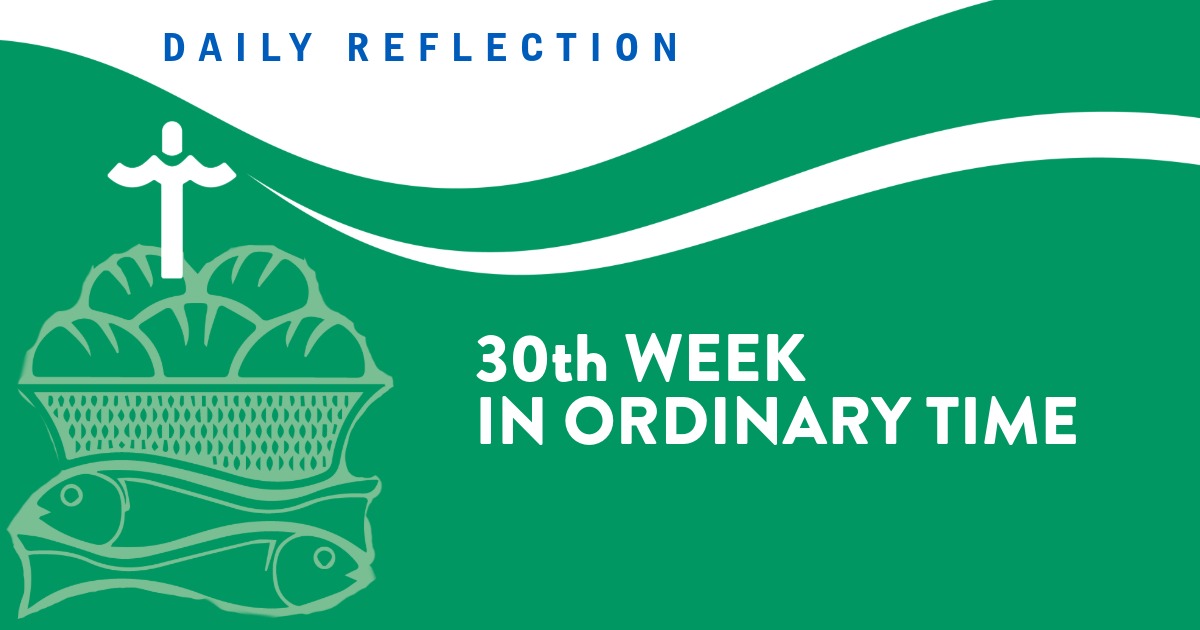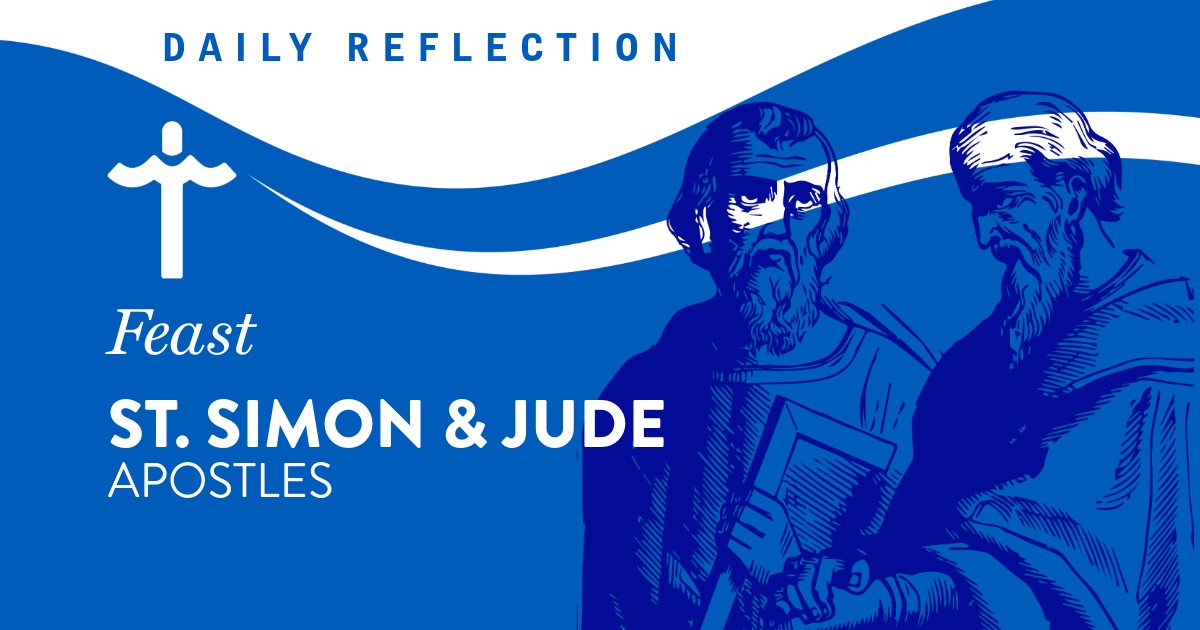Wednesday of the Fourteenth week in Ordinary Time
The Responsorial Psalm calls us to trust God to provide for our needs: “Lord, let your mercy be on us, as we place our trust in you” (Psalm 33). God answers this prayer. But he does it through human ministers.
Genesis 41:55 to 42:24 is the story of Joseph, sold by his brothers into slavery, who became governor of Egypt. When his brothers came to him for food during the famine, not knowing who he was, Joseph was able to minister to them because of his position of authority. But we should be on guard not to identify ministry with authority.
When Jesus was asked to provide food in the desert, he first asked his disciples to find out what the people could provide. Andrew said, “There is a boy here who has five barley loaves and two fish. But what are they among so many people?” (John 6: 5-13). When one small boy gave what he had, however, Jesus multiplied his contribution with divine power and fed five thousand people.
Ministry in the Church depends on the participation of every member.
Now there are varieties of gifts, but the same Spirit; and there are varieties of services, but the same Lord; and there are varieties of activities, but it is the same God who activates all of them in everyone. To each is given the manifestation of the Spirit for the common good (lCorinthians 12: 4-7).
In Matthew 10: 1-7 Jesus chooses twelve apostles to whom he will later give authority over the whole Church. But when he sent them out on this mission they were not ordained priests or bishops; they were lay people to whom Jesus gave, not authority in the Church, but “authority over unclean spirits, to cast them out, and to cure every disease.” That “authority” is given to us all. It is not made publicly evident through miraculous healings, but it is just as real and effective. Physical healing in the ministry of Jesus was only a sign of spiritual healing. If Jesus had only cured the body he would not have been the Savior. The real work of his miracles was to show his power and his love. That is what truly heals. And we have the power to love.
Our tendency — and mistake — is to assume that the main work of the Church is done through the clergy; or, by extension, through those chosen and employed to work with them in official church ministries. We forget that as important as these ministries are, they are essentially support ministries for those who are sent out to do the work of the Church on the “front lines” of family and social life, business, and politics. That is where people are “harassed and helpless, like sheep without a shepherd.” It is to these we need to minister. The laity are sent to do it.
Initiative: Be a priest. Don’t wait for another. Do what needs to be done.
— Fr. David M. Knight
View today’s Mass readings, Lectionary #385, on the USCCB website here
Fr. David M. Knight (1931-2021) was a priest of the Diocese of Memphis in Tennessee, a prolific writer, and a highly sought after confessor, spiritual director, and retreat master. He authored more than 40 books and hundreds of articles that focus primarily on lay spirituality and life-long spiritual growth.




0 Comments